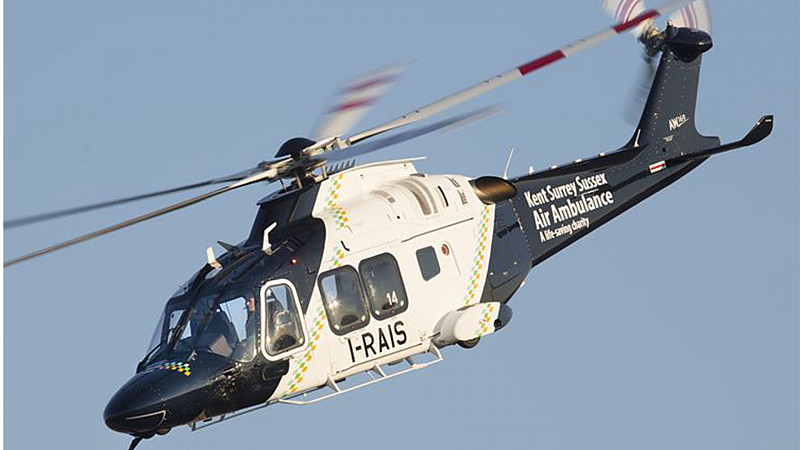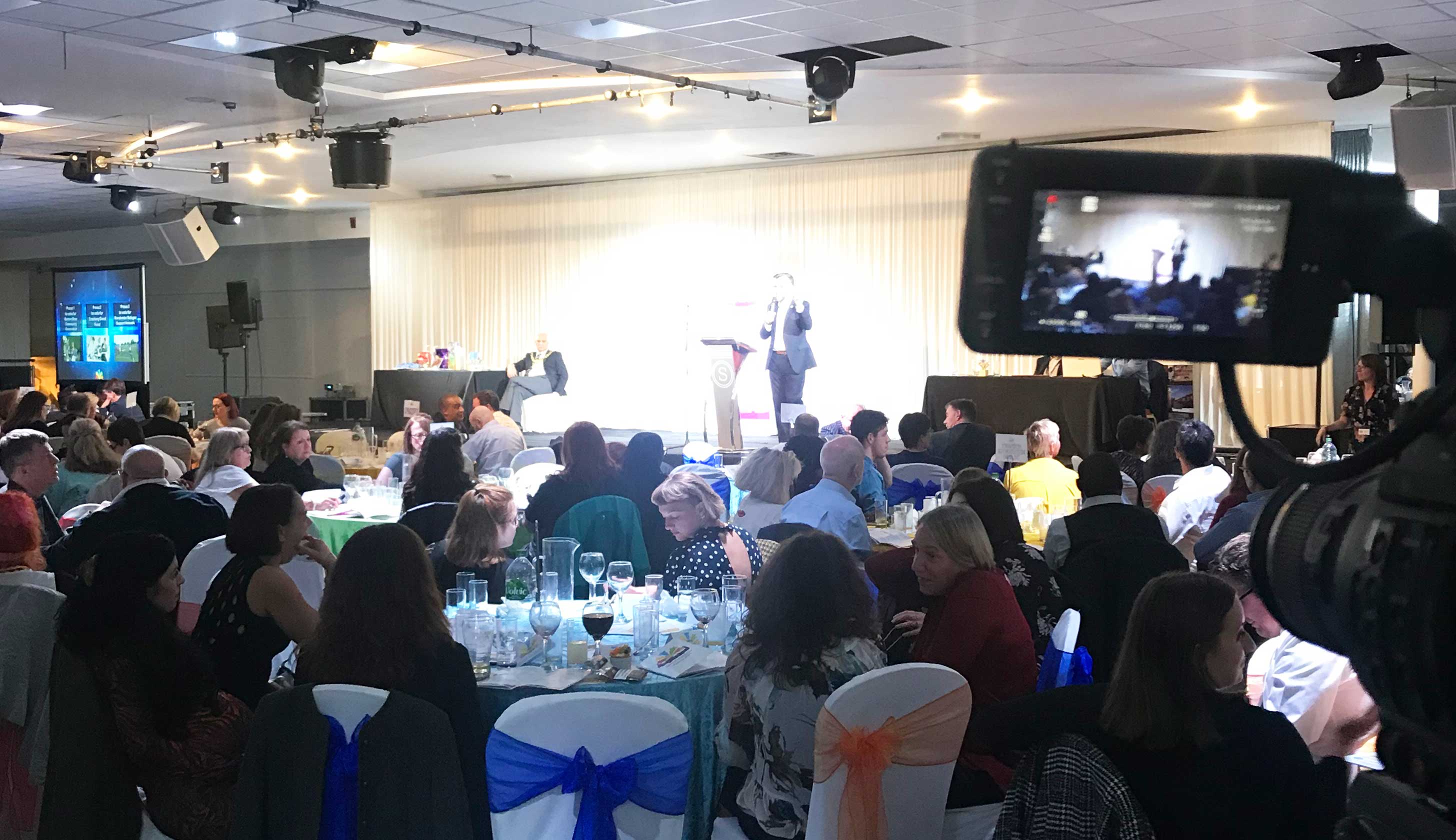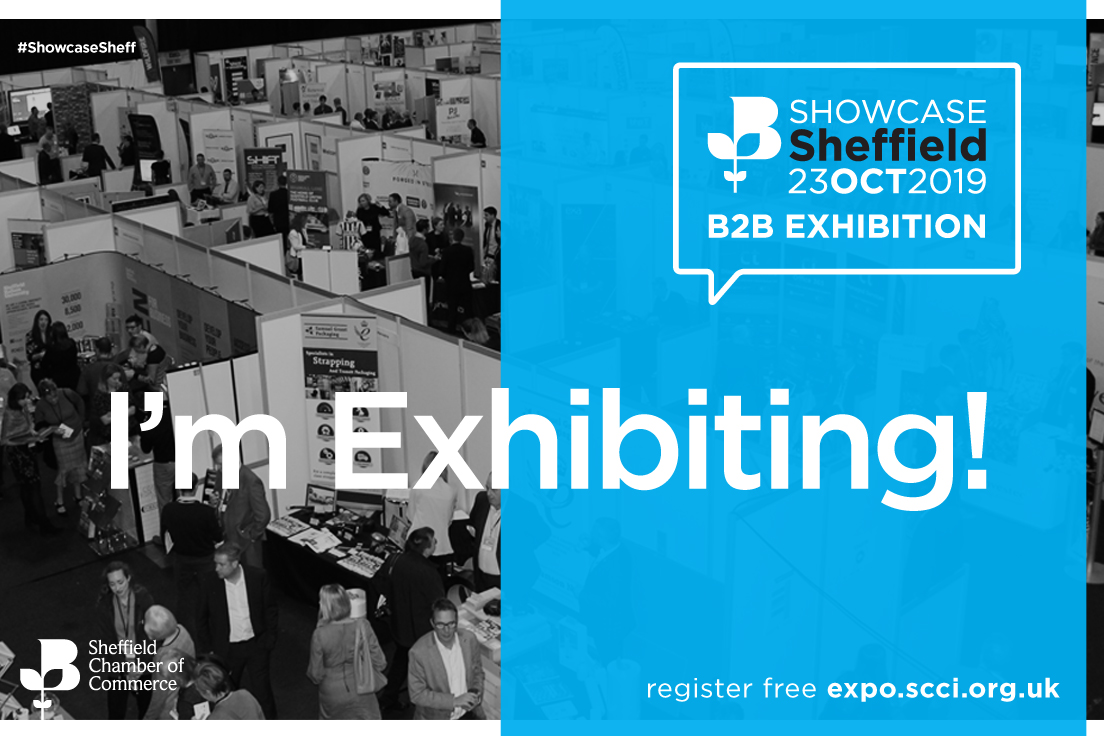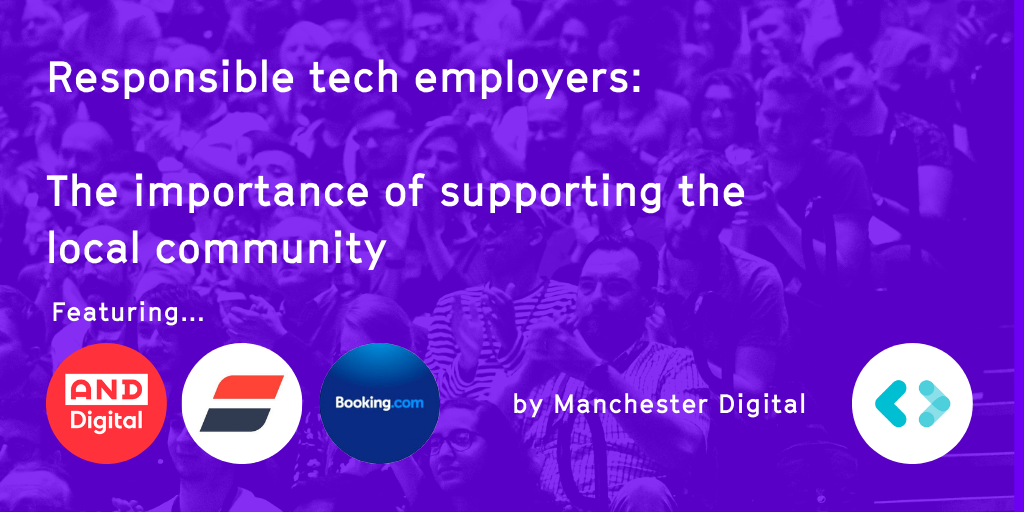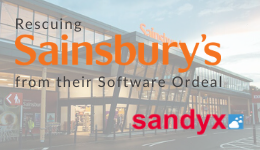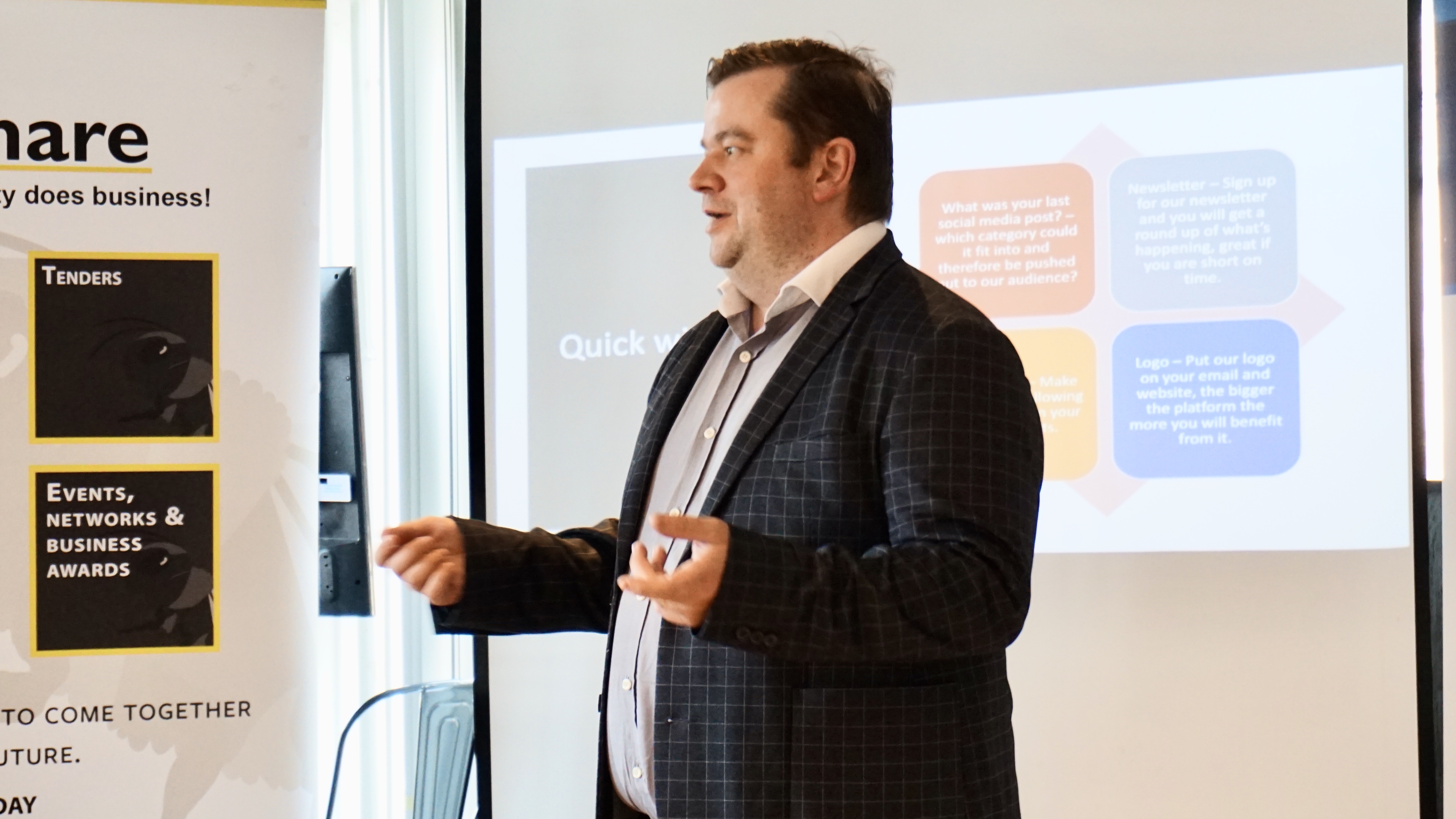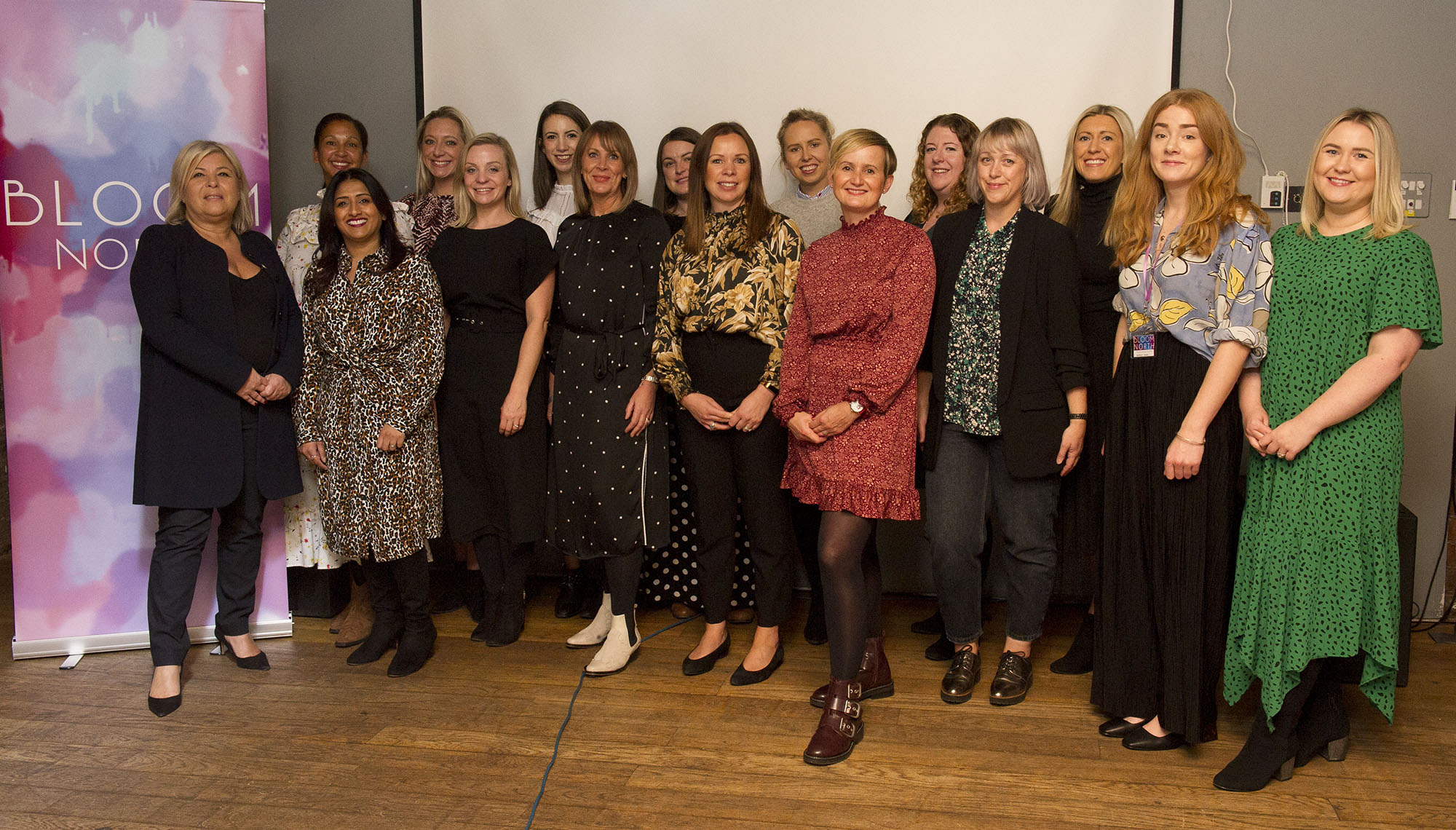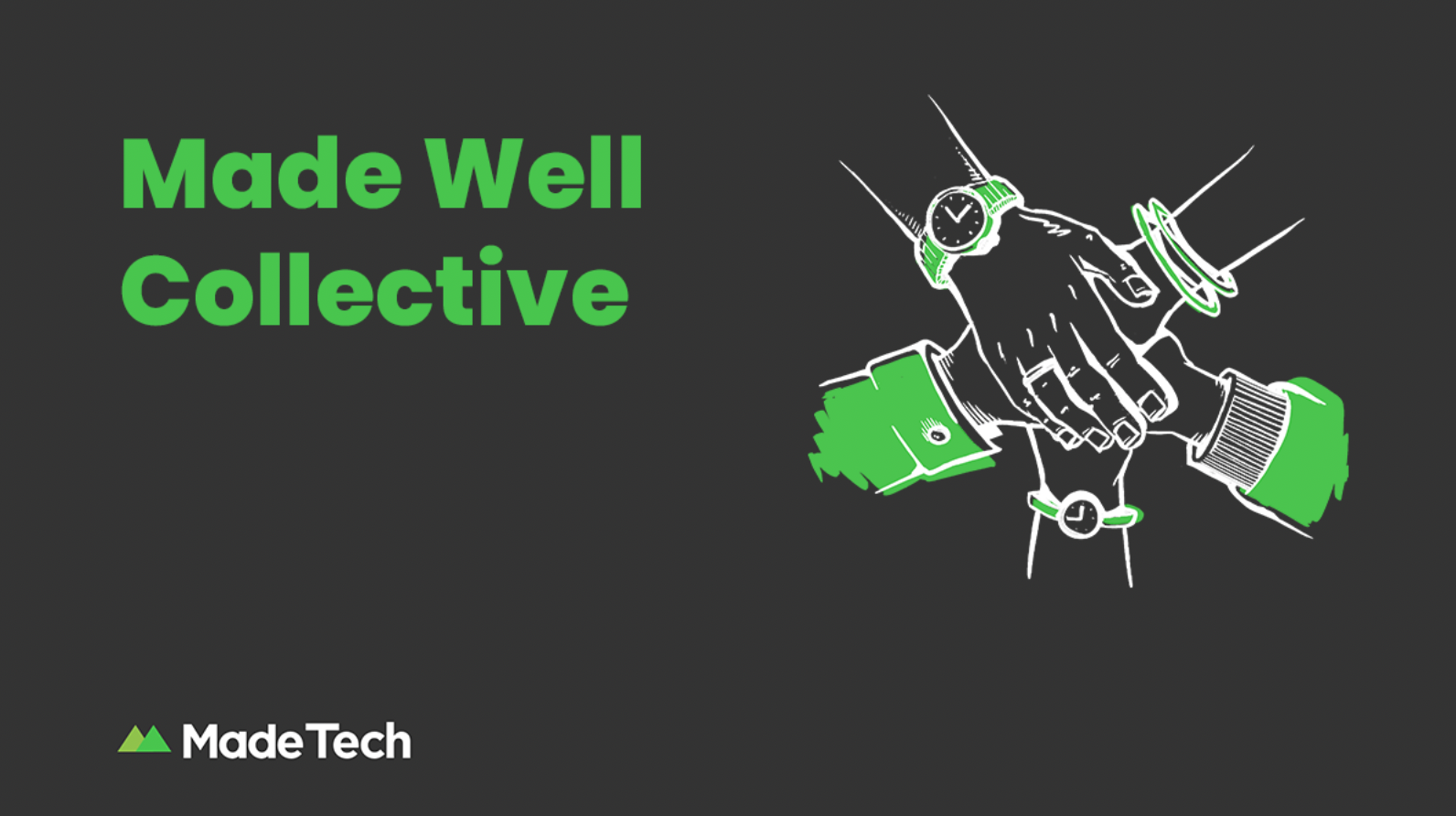
Last Thursday, I was really excited to unveil the Made Well Collective at the Leeds Digital Festival. This is a new collaborative approach to helping NHS organisations deliver digital and technology projects. Today I want to talk a bit more about the changes we need to support the future of health and social care and the shift in mindset needed to make that happen. It’s all about taking a collaborative, open and modular approach to delivery.
The past decade or so has seen different central government approaches to digital transformation in the NHS. This has culminated in The Health And Care Bill 2021, arriving at a decentralised approach with oversight from central government. This represents a massive opportunity for transformation if we adopt the right mindset, but we must learn lessons from decentralised efforts in the past.
Avoiding the digital graveyard
I’ve seen some incredible work that has come about as a result of decentralised efforts. But the reality is that so many of them did not live up to their full potential.
These local products and services worked, but didn’t interoperate, and didn’t amount to a joined-up approach for patients. And this decentralised period inevitably saw a large amount of duplicated effort, with local organisations each working to solve similar problems.
More recently, the NHS App demonstrates what can be achieved when decentralised efforts are coordinated, with a modular approach to solving needs one at a time. With 16 million new users since the addition of NHS COVID Pass in May, and 265,000 new organ donors registered using the app, the app is making a real difference to millions of people.
It was a combination of mulling the future direction of NHS delivery, and looking back at my own experiences that made me stop and think: what more can we at Made Tech do? The Made Well Collective is our answer to that question.
Introducing the Made Well Collective
Made Well Collective is a community that anyone working in NHS delivery is welcome to join. Here you can find like-minded people and organisations to co-fund the development of digital products that solve common problems. In time, the Made Well Collective will grow into a library of technology products and assets which the community can freely use, adapt and improve without fear of vendor lock-in.
We’ve kicked off with our virtual visits service, which lets people book an online virtual visit with a loved one. It was developed during the pandemic, but can be used anywhere that in-person visits are difficult, or simply where they’d be beneficial. It’s fully open source, so it’s free to reuse, adapt and extend – and so it’s a perfect candidate to kick off the Made Well Collective’s library of products. A big thank you again to Hillingdon, Kettering, and London North West University NHS Hospital Trusts for partnering up with us in building virtual visits.
Bit by bit, we’ll build a library of technologies that NHS trusts and other organisations can pick and choose from as needed. A modular approach avoids over-committing time and resources to wholesale transformation when one problem can be solved at a time – especially when that problem has already been solved somewhere else.
Benefits of a collaborative approach
Co-funding projects with others has many benefits. By sharing them, the costs are reduced for everyone involved. This lets organisations build solutions to problems that may not otherwise have been possible, or have been shelved to tackle in the future. It also means organisations can tackle bigger and more complex projects with larger budgets, such as when integrations with other systems are required. Together, we can discuss the business case for the various possible projects and work on agreed priorities.
Likewise, co-delivery brings many shared benefits. People and skills can be drawn from more teams. This makes projects viable that wouldn’t have been if tackled in isolation, for example, if the people needed aren’t available inside one organisation. Critical roles can also be shared, so you only need to find one clinical safety officer from any one of the teams involved. This reduces the burdens placed on the individual organisations involved.
Co-delivery also increases the pool of users available for user research, meaning richer data that benefits everyone. And by involving people from more organisations, you get a broader set of skills, experiences, ideas and ways of working – and greater diversity in thinking – than you would tackling a problem alone. Finally, knowledge sharing is a valuable benefit that runs throughout the project – from the initial discovery, through delivery, continuing after services go live.
Of course, the needs of every trust and every organisation is different. But the strength of an open, collaborative and agile approach is that those needs can be identified and products adapted accordingly.
At Made Tech, we can help bring together organisations looking to co-fund and solve these similar problems. We can make our services available in building digital products. And we can help build the skills your team may need for future technology delivery.
Along the way we’ll advocate for agile delivery, because agile approaches have, time and again, proven the best way to build digital products which meet core user needs quickly and efficiently. And we’ll advocate for using open standards, to make sure all the great work that goes on can work together, and be built on and improved over time.
Build, share, communicate
One question I have been asked once or twice in sharing these plans in person is: why would I pay to develop a product, then make it available to others for free? I should add I think this was asked hypothetically, in anticipation of others asking it, but it’s a great question to address!
But though it’s a great question, it speaks to a way of thinking that has to change. The bigger picture is that when we collaborate and share in the open, everyone benefits. Other products will become available that you are free to reuse and adapt in turn. And by sharing your products in the open, they can be extended and improved by others in ways that benefit the original creators. But the biggest reason is that if we stay in that gear, we simply won’t get anywhere.
So I want to end with a clarion call – not only to get involved with Made Tech Collective, but, more generally, to take an expansive, collaborative approach to developing future NHS technology. To build using open standards and technologies. To share your code and other assets for reuse and adaptation. And to talk about your efforts, your learnings, and – yes – the failures – in the open. At Made Tech we can encourage and facilitate collaboration, but we need your help to make it happen.
Please do head on over to the Made Well Collective site if you haven’t already. Please look around, join the community, and let us know what you think. Consider it very much in public beta – we are wide open to feedback.
Here’s the video of my Leeds Digital Festival talk, complete with cameo appearance from my Jack Russell Mickey: https://www.youtube.com/watch?v=g9zY2pqpnc0&t=1s


